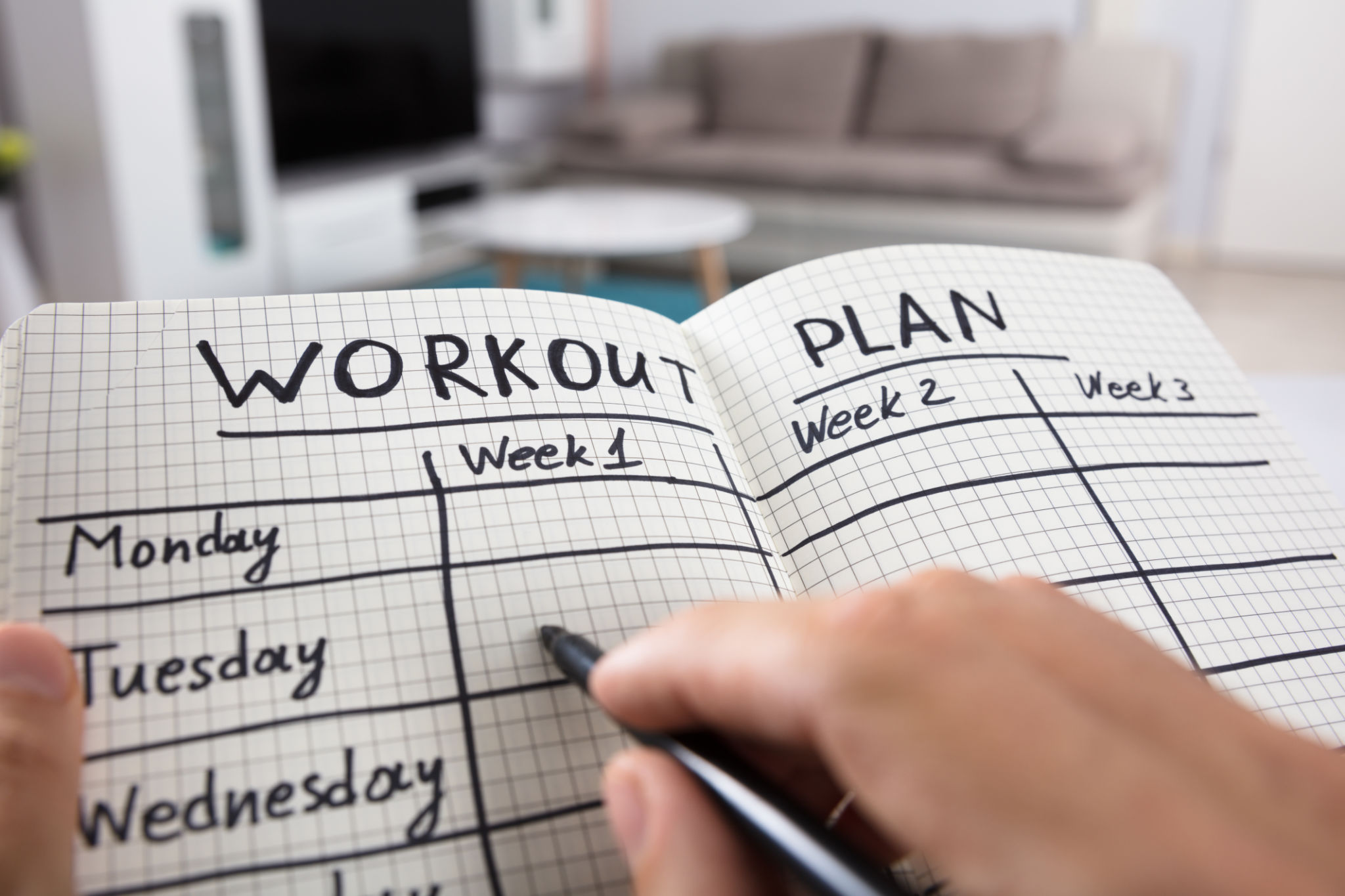Choosing the Right Personal Trainer: A Comprehensive Guide
Understanding Your Fitness Goals
Choosing the right personal trainer begins with understanding your own fitness goals. Are you looking to lose weight, build muscle, improve endurance, or perhaps train for a specific event? Different trainers specialize in different areas, so having a clear picture of what you want to achieve will guide you in selecting a trainer who aligns with your objectives.
Once you have a clear idea of your goals, consider the type of training environment that best suits you. Do you prefer one-on-one sessions, small group classes, or virtual coaching? Understanding your preferences will help narrow down your options.

Research and Credentials
Not all personal trainers are created equal, and it's crucial to ensure that your chosen trainer is qualified. Look for certifications from reputable organizations such as the National Academy of Sports Medicine (NASM) or the American Council on Exercise (ACE). These certifications indicate a level of professionalism and knowledge in the field.
Additionally, check the trainer's experience and expertise. A trainer with years of experience and a positive track record in helping clients achieve their goals can be a valuable asset. Client testimonials and reviews can provide insight into the trainer's effectiveness and style.
Assessing Compatibility
Compatibility with your personal trainer is just as important as their credentials. You should feel comfortable communicating openly with them about your progress and any challenges you face. Consider scheduling an initial consultation or trial session to gauge how well you connect with the trainer.

Pay attention to the trainer’s communication style and personality. Are they motivational and supportive? Do they listen to your concerns and adapt their approach to suit your needs? A good personal trainer should inspire and challenge you while maintaining a positive and encouraging atmosphere.
Location and Availability
Another critical factor is the location of the training sessions. Convenience plays a significant role in maintaining consistency in your fitness routine. Choose a trainer whose location is easily accessible, whether it's at a gym, their private studio, or even online.
In addition to location, consider the trainer's availability. Ensure their schedule aligns with yours to prevent any potential conflicts. Flexibility in rescheduling sessions can also be a plus, especially if you have an unpredictable timetable.

Cost Considerations
The cost of personal training can vary widely depending on factors such as the trainer’s experience, location, and session length. It's essential to set a budget beforehand and find a trainer who fits within it. Remember that investing in a quality trainer is an investment in your health and well-being.
Some trainers offer package deals or discounts for long-term commitments, which can make training more affordable. Make sure to inquire about any additional fees or charges that may arise over time.
Evaluating Progress
Once you’ve started working with a personal trainer, regularly evaluate your progress toward your fitness goals. A good trainer will track your progress and adjust your program as needed to keep you on track. Open communication is key to ensuring that both you and your trainer are aligned on your path to success.
Ultimately, the right personal trainer will not only help you achieve your fitness goals but also empower you with knowledge and confidence to maintain a healthy lifestyle long-term.